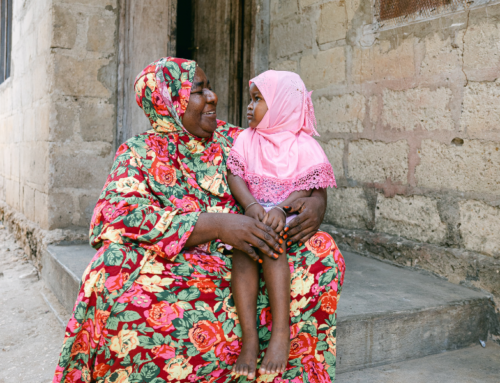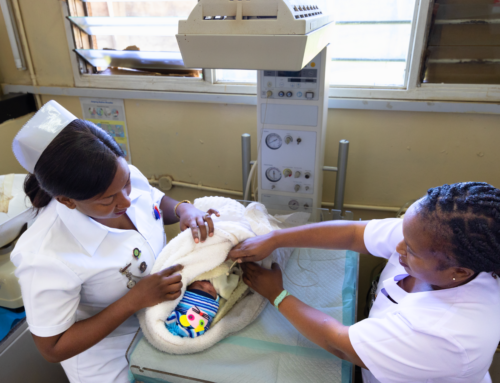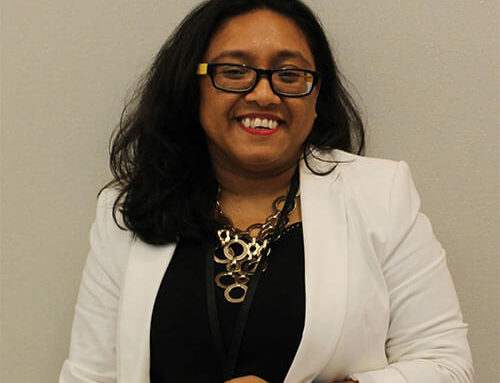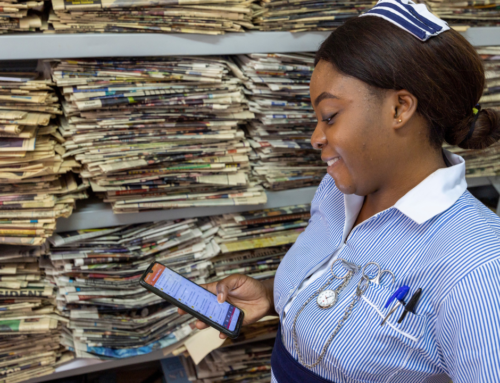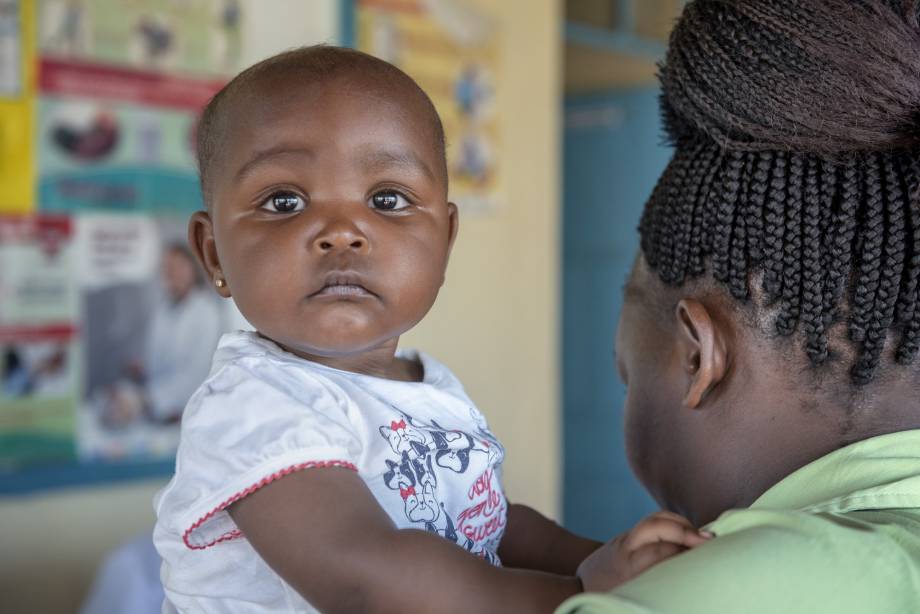
In Kenya, 74,000 children die every year before reaching their fifth birthday according to UNICEF compared to 1,750 child deaths under the age of five in Canada (Statistics Canada 2018). Coupled with this, 495 pregnant women die per 100,000 live births in Kenya (Demographic & Health Survey 2014) whereas in Canada the number is lower with 8.3 pregnant women deaths per every 100,000 live births (Statistics Canada 2018).
In Siaya County, located in the southwest part of Kenya, the maternal death rate is even higher – with 691 pregnant women dying for every 100,000 births (2009 Kenya Population & Housing Census). The top causes of maternal death in Kenya are well-known, and mostly preventable. Haemorrhage (excessive bleeding) and high blood pressure are common direct causes of death among pregnant women. These issues are made worse by fragile health infrastructure, low rates of skilled birth attendance, low access to family planning services and high rates of adolescent pregnancy. Only 61% of women in Kenya’s Siaya County attend all four recommended pre-natal care visits before giving birth, and 30% of women give birth at home without the assistance of a skilled health worker who can address birth complications (Demographic & Health Survey 2014).
Similarly, the death rate for children under the age of five in Siaya County is among the highest in the Kenya, at 159 deaths per every 1,000 live births, which is more than triple the national average of 52/1,000 live births. Pneumonia, diarrhea and malaria are the leading causes of child death in Siaya County, and undernutrition contributes to more than a third of all deaths. Proven interventions such as antibiotics for pneumonia, oral rehydration therapy for diarrhea, and micronutrient supplements, such as Vitamin A, can assist in preventing these deaths when combined with treatment from trained health workers.
Amref Health Africa is Africa’s leading independent international health organization. Founded in 1957 as the Flying Doctors of East Africa and established in Canada in 1973, Amref Health Africa’s mission is to improve the health of people in Africa by partnering with and empowering communities, and strengthening health systems. Amref Health Africa is a registered Canadian charity that partners with communities in Africa to create and implement innovative and sustainable solutions to critical health challenges.
Amref Health Africa has enjoyed a fruitful history of partnership with Unifor Social Justice Fund (via the former Canadian Auto Workers Social Justice Fund) since 2006. Unifor Social Justice Fund collaborated with Amref Health Africa to develop the first participatory malaria prevention and control toolkit for pastoralist (also known as nomadic) communities in Ethiopia, in a project that was supported by Global Affairs Canada (then CIDA) and GlaxoSmithKline. Through the same project, Unifor Social Justice Fund also provided 50,000 insecticide-treated malaria bed nets in Ethiopia’s Afar Region, which resulted in 99% coverage in the targeted communities.
Unifor Social Justice Fund supported the South Africa component of Amref Health Africa’s “Building the Capacity of Community Health Workers” project, which has been recognized for having had significant impact on health service results which included: training more than 1,500 Community Health Workers and conducting more than 36,000 household visits focused on health promotion and resulting in more than 11,000 referrals to health facilities.
Most recently, Unifor Social Justice Fund supported the “Improving Maternal and Child Health In Ethiopia’s Omo Valley” project, which finished in September 2015. By training health workers, increasing the influence of women in health-related decision-making, and improving the referral system, Unifor Social Justice Fund contributed towards a significant increase in the uptake of health care services for women and children, and an increase in the number of skilled health workers serving the population.
In 2018, Unifor Social Justice Fund partnered with Amref Health Africa on its “Strengthening Health Worker Skills for Improved Maternal, Newborn and Child Health in Kenya’s Siaya County”. This project addresses the gaps in health service delivery such as shortages of well-trained health workers (in both health facilities and at the community level), shortages of drugs and medical equipment, lack of clean water and sanitation facilities in health facilities, low awareness and uptake of health services at the community level, and low consumption of nutritious foods and supplements. Amref Health Africa works with Kenya’s Ministry of Health via the Siaya County Health Department to train health workers for improved quality health services for women and children’s services, nutrition services and water, sanitation and hygiene (WASH) in targeted communities and health facilities. The project has also trained 260 Community Health Volunteers and other key community members to carry out education and outreach on priority health topics and supports nutrition campaigns to ensure that newborns stay healthy.
A strong focus on training and developing cadres of competent health workers, with an emphasis on female health care workers and their empowerment, helps to deliver a sustainable human resource base in this rural county and provides those workers with the necessary training, materials and equipment to do their jobs effectively. In doing so, the project helps to improve access of mothers, pregnant women, newborns and children under five to the quality maternal and child health services required to safeguard their health.
With more trained health workers available to a community, more women will give birth with the help of a skilled attendant which will reduce maternal mortality. In addition, with a well-trained cadre of health professionals, more babies will be vaccinated against polio, meningitis and other diseases, and will achieve reduced transmission rates of HIV from mother to child. Trained health workers can also help treat diseases such as TB, malaria and HIV and educate families on how to protect themselves from these illnesses, as well as on proper nutrition and hygiene practices which will result in healthier and stronger mothers, children and communities.
The project is also working on providing women access to fistula repair surgery. Obstetric fistula is caused by obstructed or prolonged labour often due to lack of skilled health care. Incontinence, a result of fistula, brings a feeling of shame in women and often ostracizes them from their community. Amref Health Africa works with health facilities and surgical teams to provide adequate, timely and skilled health care to prevent and repair fistulas. These surgeries are helpful in empowering women by changing their lives and improving their dignity to enable them to participate actively within society.
The Story of Agatha
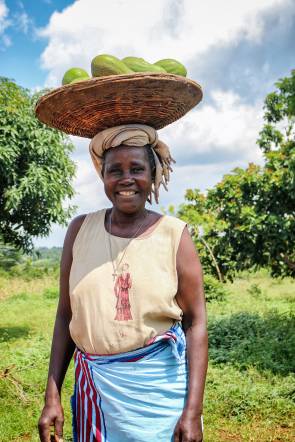 Agatha Jane is a 56-year old widow and mother. She has lived with obstetric fistula, a hole in the birth canal often due to prolonged or obstructed labour, for close to 30 years.
Agatha Jane is a 56-year old widow and mother. She has lived with obstetric fistula, a hole in the birth canal often due to prolonged or obstructed labour, for close to 30 years.
Agatha’s life was never the same again after she was left with an obstetric fistula after her eighth pregnancy. Due to the leaking urine, she felt she could no longer attend public gatherings or even visit people’s homes because people would gossip about her and look down on her. Her fish business in the market crumbled as she could no longer ride her bicycle to collect fish for sale. She ended up staying indoors and practicing small scale farming to care for her and her family.
Things began to improve for Agatha when a community health volunteer approached her and advised her to attend a medical camp held by Amref Health Africa at the Siaya Referral Hospital in Siaya County, Kenya. At first, she was reluctant but after talking to the community health volunteer and learning more about obstetric fistula and the treatments available, Agatha agreed to attend the medical camp. After being screened by a specialist, Agatha was booked for free surgery at the hospital, and when being discharged she received a gift hamper that included items that she would need to ensure proper hygiene standards were followed during her recovery.
“Waking up in a dry bed was such an overwhelming moment in my life,” says Agatha.
She now actively engages in public functions and is planning to revive her fish business. Agatha looks forward to encouraging other women in her community to visit Amref Health Africa medical screening camps whenever they are held in order to have their health status checked and get the health care they need free of charge.

